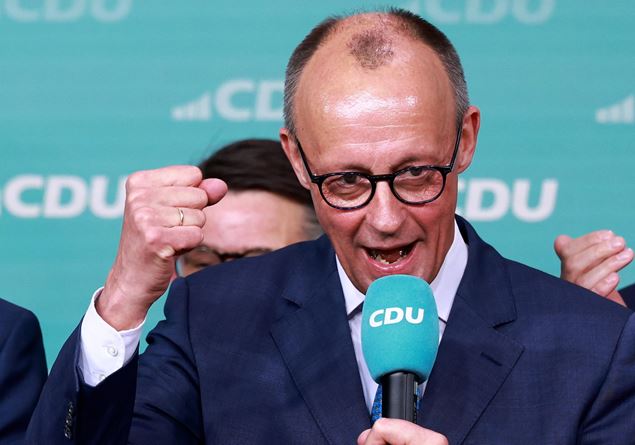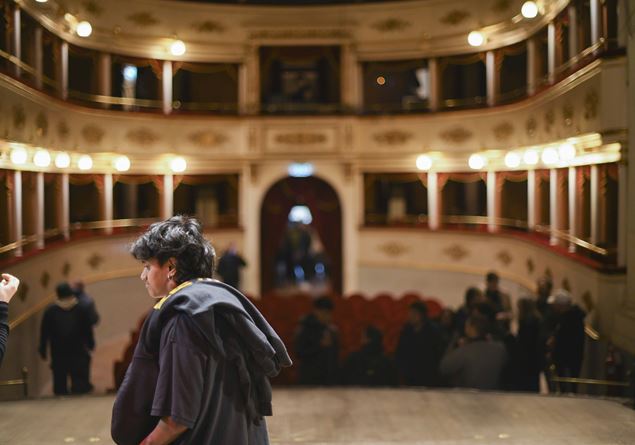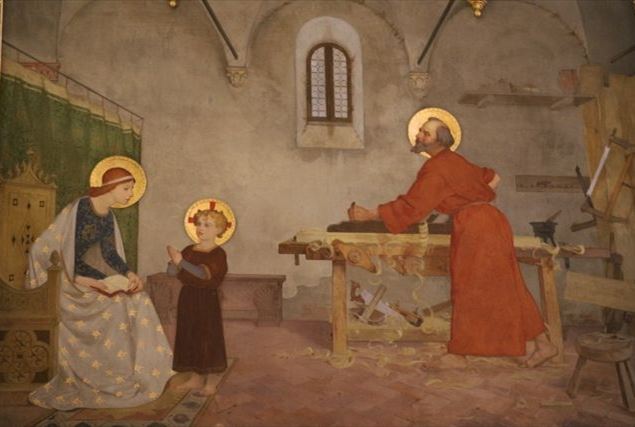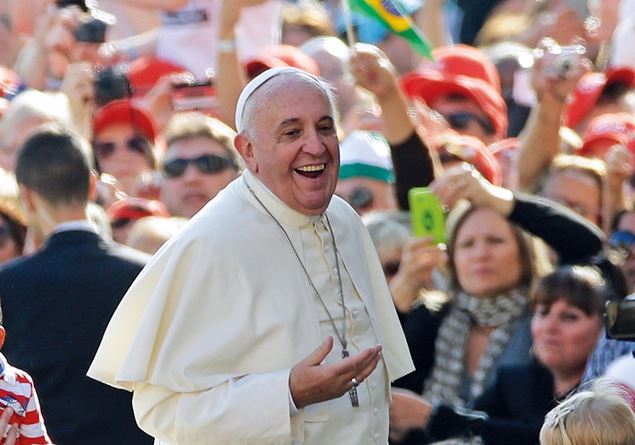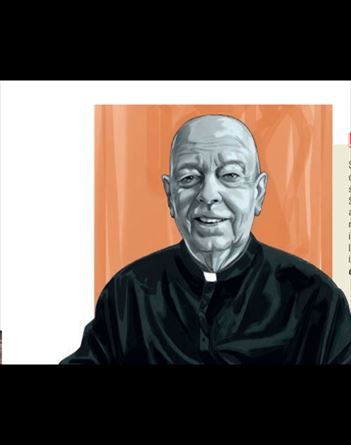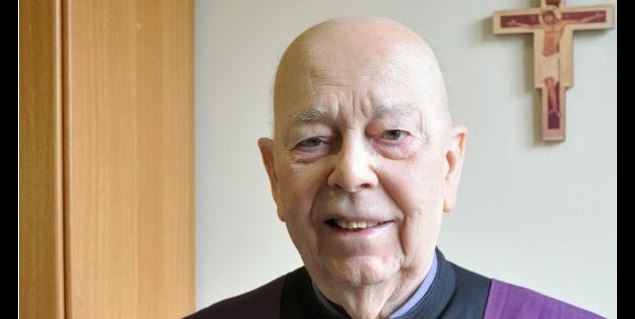The results of the German elections) did not betray the polls on the eve. A clearly winning party comes out of the polls: the CDU (together with its Bavarian CSU rib). The Democratic Christian Party led by Friedrich Merz reaches 29 percent (+ 4.9 compared to the last elections). The second German party becomes AFD (alternative to Germany) and it is the first time that a far -right party has reached these percentages. For Alice Weidl’s party, the profit compared to the previous elections is 9.1%, higher than that of any other political force. The collapse of the SDP was also expected, the Social Democratic Party led by the mediocre Olaf Scholz, chancellor without charisma and without luck. SPD drops to 16% with a drop in votes that touches 10 percent.
For the SPD it is the worst result in a national parliamentary election since he adopted his current name in 1890. The Greens (but only -1.2), who reach 13.5 percent. At the moment they remain below the 5% barrier threshold (therefore the liberals of FDP and the BSW party founded founded in 2024 by Sahra Wagenknecht would be outside the Bundestag). The leftist party Linke, which reaches 8.5 Peer Cento, with a growth of +3.6, makes a nice leap forward.
If the polls have been substantially respected, instead the figure of the turnout is surprised, which reaches 84 percent. From the German reunification of 3 October 1990, so many Germans had never gone to vote.
Half an hour after closing the seats, Merz celebrated the victory with a statement. “The world outside does not await us, nor does it await long negotiations and coalition negotiations,” Merz said to party supporters in the German capital. “Now we have to quickly regain our ability to act so that we can do the right thing in our house, in order to be present again in Europe, so that the world can see that Germany is reliable again” .
Merz, 69, will be a chancellor, but to govern he will have to find allies. The most solid majority would be that of an alliance with the far right, a hypothesis always excluded during the election campaign. The Groko hypothesis remains standing (Grosse Koalition, that is, the large coalition with the Social Democrats), while with the numbers that came out of the polls the green would not be strong enough to form a majority with the CDU/CSU. A possible coalition of three parties is likely to be weak and quarrelsome, as has shown the experience of Scholz, which he ruled with the green and liberals. It is no coincidence that the three parties of the so -called “traffic light” coalition were rejected by the voters.
Scholz recognized the defeat and reiterated that we have to make arguments against the far right, constantly growing. AFD’s leader rightly sings Vittoria and Alice Weidel says he is always ready for negotiation, but for now the antibodies of the German political system against the extreme and pro -Nazi right still seem strong.




